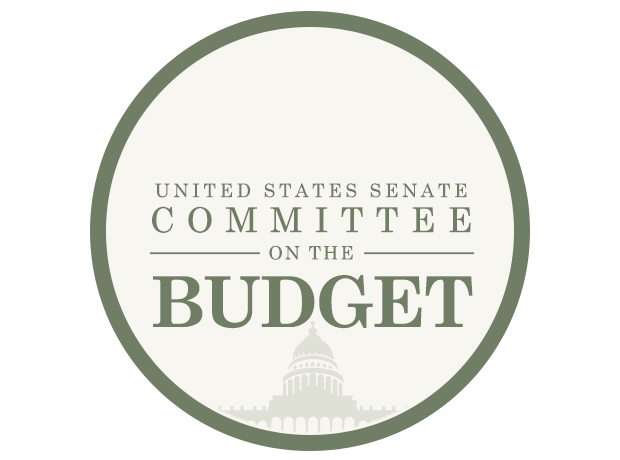The Senate Budget Committee, led by Senator Whitehouse (D-RI), alongside Senators Wyden (D-OR) and Sanders (I-VT), initiated an investigation into the evaluation of climate-related risks by major U.S. insurance companies.
 The committee seeks to understand why these companies continue to support and underwrite fossil fuel expansion projects that contribute to climate risks. They have also raised concerns about the lack of transparency surrounding the insurance industry’s decision-making processes and the pricing of policies that insure such projects.
The committee seeks to understand why these companies continue to support and underwrite fossil fuel expansion projects that contribute to climate risks. They have also raised concerns about the lack of transparency surrounding the insurance industry’s decision-making processes and the pricing of policies that insure such projects.
Letters have been sent to AIG, Berkshire Hathaway, Chubb, Liberty Mutual, Starr, State Farm, and Travelers, urging them to disclose their rationale and methods for supporting underwriting and investment in new and expanded fossil fuel projects.
The senators are interested in the companies’ plans to align themselves with global insurance counterparts who have started restricting their underwriting of fossil fuel projects.
Additionally, the committee has requested information on divestment plans related to fossil fuel investments and the methodologies used by insurance companies to evaluate the future climate impact of their investment and underwriting decisions.
The senators have also asked for details on how these companies consider their responsibilities in relation to the principle of Free, Prior, and Informed Consent.
This principle ensures that Indigenous Peoples can provide or withhold consent for any actions that would affect their lands, territories, or rights, as protected by international human rights standards.
Senator Whitehouse emphasised that new fossil fuel expansion is incompatible with both global climate goals and economic stability. He expressed concerns that by underwriting and investing in such projects, U.S. insurers are contributing to the acceleration of climate change, which poses threats to lives, livelihoods, and the federal budget.
The investigation is aimed at obtaining critical information and internal documents that shed light on how these companies assess climate risks when making underwriting and investment decisions. It is especially relevant as some insurers have started to withdraw from certain markets due to the perceived catastrophic climate risks, despite their continued service to the fossil fuel industry.
This investigation follows a series of hearings conducted by the Budget Committee, which explored the economic risks associated with climate change. Testimonies from central bankers, economists, insurance industry executives, financial experts, and others have highlighted the potential systemic risks that climate change poses to the economy.
Such risks have the potential to extend beyond immediately affected sectors, leading to economy-wide harm similar to the 2008 financial crisis.
The senators noted that witnesses have warned about the potential consequences of sea-level rise, intense storms, wildfires, and climate-related losses. These risks include making coastal real estate uninsurable and causing a crash in coastal property values, as well as the potential insolvency of regional insurers due to the challenges in pricing climate-related risks.
Additionally, as the demand for oil and gas declines, the stranded assets associated with hundreds of billions of dollars in fossil fuel investments could pose further economic risks.
While many insurance companies have started limiting coverage or completely withdrawing from markets due to the perceived catastrophic risks resulting from climate change, the U.S. insurance industry continues to support fossil fuel expansion with limited or no restrictions.
Currently, U.S. insurers have approximately $582 billion invested in fossil fuels, including nearly $90 billion in coal alone.
The senators emphasised that the continued expansion of the fossil fuel industry poses significant dangers to overall economic stability, particularly in the insurance sector.
Concerned about the long-term economic well-being of communities, businesses, and the federal budget, the Senate Budget Committee has requested information from the seven companies by June 16, with supporting documents to be provided by June 23.


